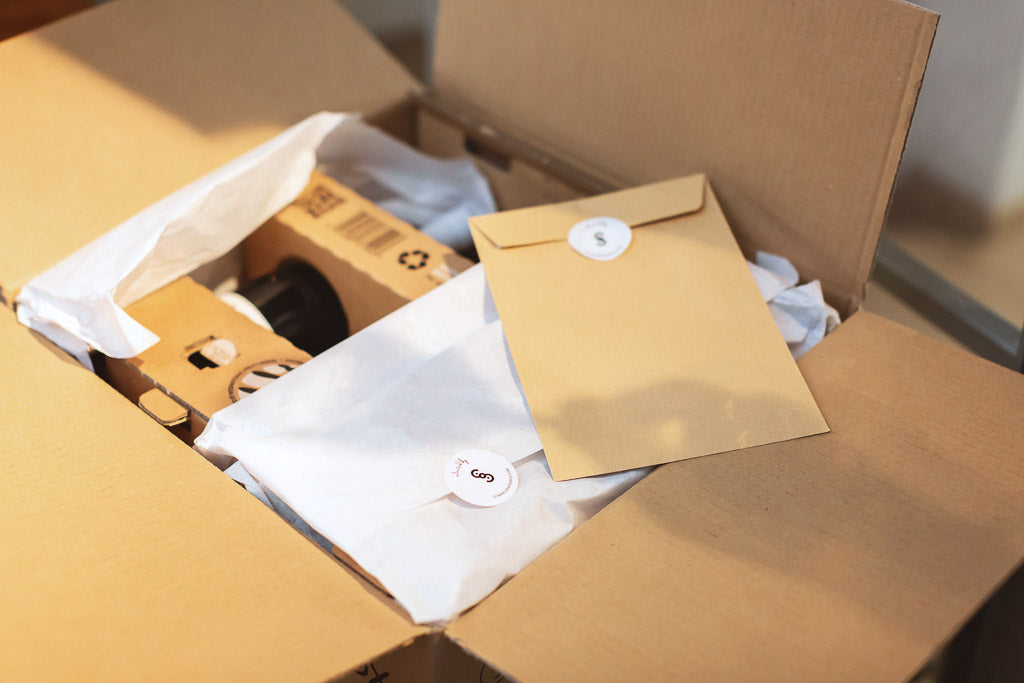Here's what happened in December 2023 in the world of wine: read this article to discover all the wine news you need to know.
1. ITALY
Wine labels
The Minister of Agriculture Francesco Lollobrigida has signed a waiver on the adaptation of wine bottle labels to the new European rules.
We wrote a piece that puts the whole story together: you can read it here .
Consumption of Sparkling Wine
During the Christmas holidays, approximately 333 million bottles of sparkling wine were uncorked around the world, of which 95 million in Italy. The estimate was released on December 13 by the Ismea Observatory and the Italian Wine Union. There is an increase in purchases of cheaper sparkling wines.
Italian sparkling wine remains export-oriented with sales that have tripled in the last ten years with growth in value of 351% in the United States but also in the UK (+350%), Germany (+42%), France (+416%) , Poland (+983%).
Allegrini family
The Allegrini family has announced a family agreement for a new governance between Veneto and Tuscany as part of an ownership reorganization project, with particular reference to Allegrini and Corte Giara, wineries in Valpolicella, and Poggio Al Tesoro in Bolgheri and San Polo in Montalcino, as well as Villa Della Torre in Fumane in Valpolicella.
Marilisa Allegrini, known as Lady Amarone, leaves the leadership of two of the three Venetian companies.
Reports
The December 17, 2023 episode of Report "Small Chemists" caused discussion, in which illegal winemaking practices aimed at improving the parameters of poor quality grapes were discussed until they fell within those required by law. An investigation by Emanuele Bellano.
Unione Italiana Vini and Lamberto Frescobaldi responded to the episode with the full audio of the interview, published on YouTube .
Investigation also on Apulian grapes used to produce Prosecco.
2. US
Research on olfactory neurons
The results of collaborative research conducted between the Cold Spring Harbor Laboratory (CSHL) in Cold Spring Harbor, New York, and the Salk Institute for Biological Studies in La Jolla, California, have been published , providing new information on how people learn to differentiate the aromas.
Researchers have discovered two new types of olfactory neurons connected to the ends of our odor-sensing cells: reliable olfactory neurons , which correctly identify odors, and unreliable olfactory neurons , which respond to odors unpredictably over time and they "learn" to distinguish smells, and their different nuances, through experience.
The results of the research help to clarify how, thanks to unreliable neurons, we acquire the ability to distinguish similarities perceived by other senses (taste, sight, hearing) and how responses are processed based on these sensory stimuli: aromatic compounds and gustatory signals are transformed into electrochemical signals perceivable by our brain through unreliable neurons.
3. FRANCE
Champagne on the verge of extinction
Concern for Bollinger's prestigious “Vieilles Vignes Françaises” Champagne, one of the best known and loved in the world, whose production could end. This is because it is produced from ungrafted Pinot Noir vines which are increasingly vulnerable to the phylloxera aphid.
Viticulturist Charles-Armand de Belenet said ungrafted vines are gradually dying due to phylloxera, causing a significant decrease in productivity. Despite Bollinger's efforts to preserve these vines, climate change may be contributing to the insect's increase. Production at Vieilles Vignes Françaises has already significantly declined, with yields plummeting from 3-4,000 bottles to just 700.
4. UKRAINE
Reportage from vineyards at war
Producer Heorhiy Molchanov braved the Russian invasion by building a tasting room and hostel near Mykolayiv. Despite Russian attacks, production continued and recorded a good harvest. The Ukrainian law, approved in August, aims to encourage artisanal wine production by significantly lowering bureaucratic barriers.
This initiative was welcomed by winemakers, such as Svitlana Tsybak from Beykush winery. Despite the difficulties, international interest in Ukrainian wine has grown following the Russian invasion, opening up expansion opportunities for the country's wine industry. The war is greatly challenging winemakers but especially those who produce artisanal wine are trying to exploit this window of opportunity.

Interesting reads
I. Language of Master Sommeliers
The US chapter of the Court of Master Sommeliers and the Wine & Spirit Education Trust (WSET) have agreed to stop using the terms "Old World" and "New World" in their materials. This decision is based on a commitment to historical accuracy, the elimination of cultural bias.
II. Wine: an artisanal product?
An interesting reflection on Simon Woolf's wine: artisanal product or commodity?
Read it on the Wine Scholar Guild .
III. Artificial intelligence
In the Financial Time , Jancis Robinson in a long piece criticizes the idea that artificial intelligence can completely replicate human abilities, particularly in the context of wine tasting.
One of the most talented sommeleirs in the world, she feels the need to defend wine professionals and the need to preserve the "human" part of most of her work. He adds: “It's taken nearly 50 years' programming to get my palate to where it is. Don't tell me it would take only a few hours to construct a machine that could do what I do”.




